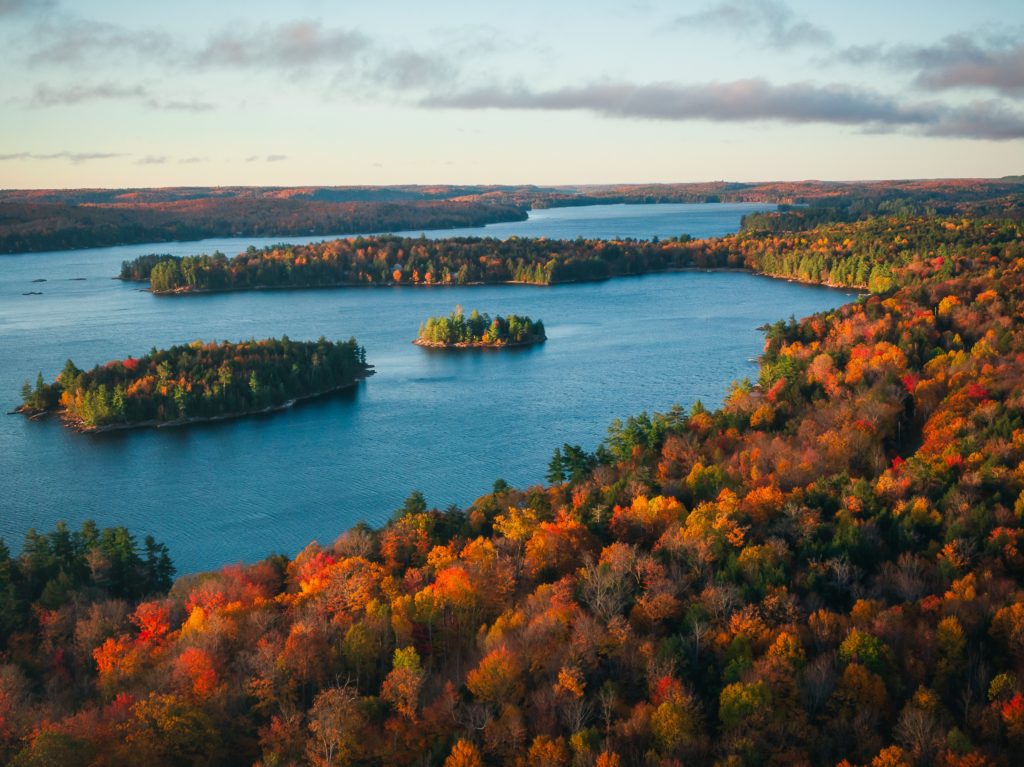If you do not already have employment, you should begin your job search quickly. You can get information on job postings, preparing your resume for Canadian employers, mentorship programs, etc., at local settlement organizations. Find one close to you by using the Immigrant Services Map (www.cic.gc.ca/english/newcomers/map/services.asp) on CIC’s website.
1. If your first language is not English or French, make a plan to improve your English or French language skills. Canadians are very generous people. Their taxes pay for you to have these language classes. To learn how you can access free language classes, read the section on Improving your English and/or French.
2. Search for a home to rent or buy. For more information, read the section on Housing.
3. Register your children in school. For information on the Canadian school system and how to register your children, read the section on Education.
4. Learn about the education options available to improve your qualifications. For information on Canadian colleges and universities, as well as adult secondary education, read the section on Education.
5. Learn about both public and private schooling available in your area. Because parents are ultimately responsible for the education of their children, parents should take an active interest in what is taught in their children’s schools.
6. Obtain a Canadian driver’s licence if you plan to drive in Canada. For more information, read the section on Transportation.
7. Learn about Canadian laws and your rights and civic responsibilities as a resident of Canada. For more information, read the sections on Canadian law and justice and Your rights and freedoms in Canada.
8. Find a doctor or health-care centre where you can go for your medical needs. Make an appointment for a medical check-up and vaccination update when you receive your government health insurance card. For more information, read the section on Health care in Canada.
Source: Welcome to Canada: What you should know
www.cic.gc.ca, Immigration, Refugees and Citizenship Canada. Reproduced with the permission of the Minister of Public Works and Government Services Canada, 2013.
